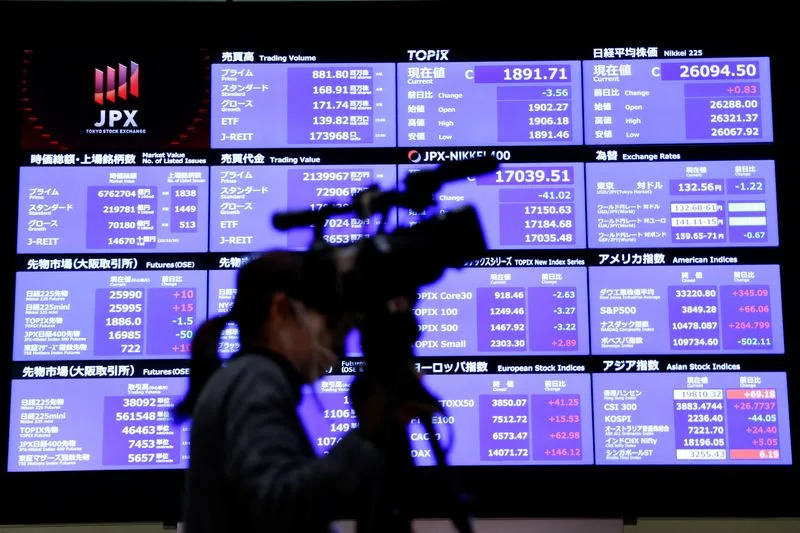(Reuters) -Shares of Pony AI opened about 15% above their offer price in their market debut on Wednesday, giving the robotaxi company a valuation of $5.25 billion, in an indication of a positive investor approach to China-based firms.
The company's depositary shares opened at $15 in their Nasdaq debut, compared with the IPO price of $13.
The IPO comes after nearly two years of uncertainty sparked by Didi Global's delisting, which was followed by a long-standing audit dispute between Beijing and the U.S. that was eventually resolved in December 2022.
Pony AI Chief Executive Officer James Peng said President-elect Donald Trump's return to the White House did not influence the timing of the listing.
"This listing (had) already been in preparation for some time," Peng told Reuters. "In terms of the potential impact from Trump … we have dealt with this kind of policy change all the time; it is nothing new. I think we are fully prepared."
However, the company faces other challenges, including public skepticism about autonomous vehicles, data privacy concerns, and competition from companies, including Elon Musk's Tesla, which has promised to roll out driverless ride-hailing services to the public in California and Texas next year.
Pony AI is initially concentrating its efforts on the Chinese market. Peng said he expected that by 2026, China would advance toward conducting large-scale nationwide tests of autonomous vehicles.
"We are constantly working with local authorities and talking to the central government as well," Peng said. "They will have more rules coming out to support large-scale development."
U.S. operations will remain "limited in scope" for the foreseeable future, the company said in a filing with regulators.
Other China-based companies, including EV maker Zeekr and self-driving tech firm WeRide, also went public in the U.S. earlier in the year amid a backdrop of the country's IPO market picking up recently, with investors showing renewed interest in promising tech startups.
Pony AI sold 20 million American depositary shares in the IPO, raising $260 million. It also raised an additional $153.4 million in concurrent private placement.
The Toyota Motor-backed company's valuation has come down from $8.5 billion two years ago.
Analysts caution that widespread robotaxi adoption could take years due to safety and reliability challenges, although China has been quicker to approve trials than the U.S.
Pony AI remains unprofitable as it invests in expanding operations. Peng expects the company to offer robotaxi services in Singapore, South Korea, Luxembourg and the Middle East within the next few years via partnerships.
Goldman Sachs, BofA Securities, Deutsche Bank, Huatai Securities and Tiger Brokers were the underwriters for the IPO.





